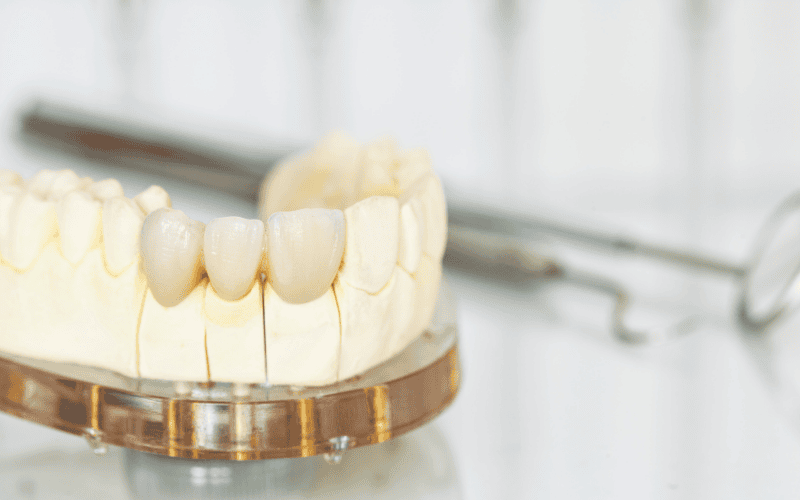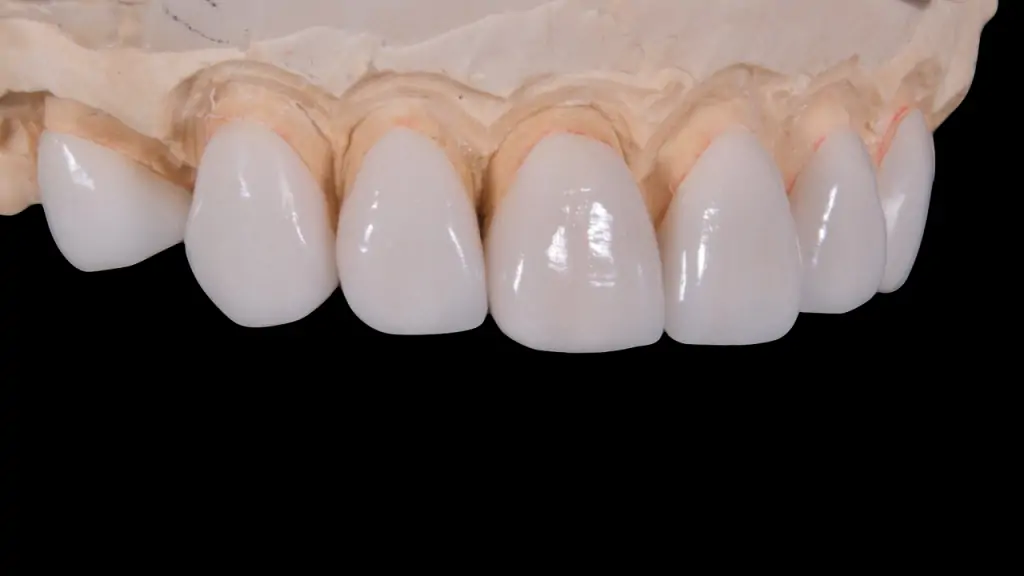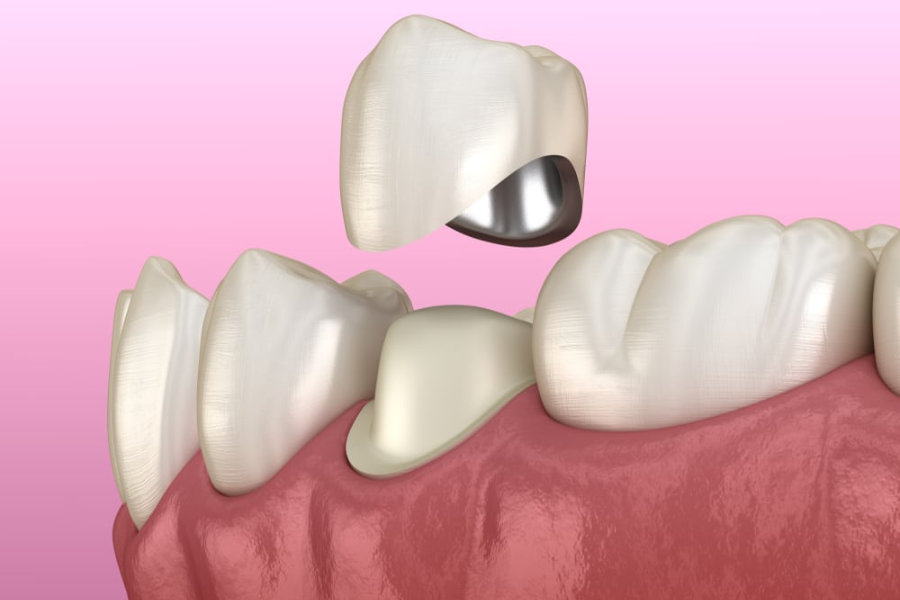
Dental health is a priority for many in the vibrant city of Edmonton. Getting a dental crown in Edmonton stands out as a highly effective treatment among the various options available for restoring and enhancing dental aesthetics. This article delves into dental crowns’ pivotal role in restorative dentistry, offering insights into their preparation, benefits, and care.
Understanding Dental Crowns
Dental crowns are custom-fitted caps placed over damaged or decayed teeth. Made from materials like porcelain, ceramic, and metal alloys, these crowns are designed to restore the shape, size, and strength of the tooth while also enhancing its appearance. Unlike dental implants, crowns cover the existing tooth, providing a protective shell and preventing further damage.
The Role of Dental Crowns in Restorative Dentistry
Dental crowns serve multiple purposes in restorative dentistry. They protect weakened teeth from further damage, restore functionality in biting and chewing, and offer a cosmetic solution for discoloured or poorly shaped teeth. Furthermore, crowns are integral to dental implant procedures, serving as the final restoration piece that mimics the appearance of a natural tooth.
- Protection of Damaged Teeth
Dental crowns are custom-fitted caps placed over teeth damaged by decay, wear, or trauma. They encase the entire visible portion of the tooth above the gum line, providing strength and protection against further damage. By reinforcing a weakened tooth, crowns help preserve its structural integrity, preventing the need for extraction and more complex dental procedures.
- Restoration of Function
A primary goal of restorative dentistry is to restore the function of the teeth, including biting and chewing abilities. Dental crowns restore damaged teeth’ shape, size, and strength, enabling patients to eat and speak more comfortably and effectively. They distribute the force of biting evenly throughout the tooth, reducing the risk of further damage and improving oral function.
- Aesthetic Improvement
In addition to functional restoration, dental crowns also offer aesthetic benefits. They can be crafted from various materials, including porcelain, ceramic, and composite resin, which can be matched to the color of the natural teeth. This makes crowns an excellent option for improving the appearance of discolored, misshapen, or poorly aligned teeth, enhancing the overall smile and boosting the patient’s confidence.
- Support for Dental Bridges and Implants
Crowns are integral to other restorative procedures, such as bridges and implants. A crown can anchor a dental bridge, which replaces one or more missing teeth. Similarly, after a dental implant has been placed into the jawbone to replace a missing tooth’s root, a crown is mounted on top of the implant to simulate the appearance and function of a natural tooth. This versatility underscores the crown’s essential role in comprehensive treatment plans.
- Longevity and Durability
With proper care and maintenance, dental crowns can last many years, making them a long-term solution for restoring damaged teeth. The durability of a crown depends on the material used, the patient’s oral hygiene practices, and their habits (such as teeth grinding or chewing complex objects). Regular dental check-ups are crucial to monitor the condition of crowns and address any issues promptly.
Preparation for a Dental Crown
Preparing for a dental crown involves several steps. Initially, dentists conduct a thorough examination, which may include X-rays, to determine the suitability of a crown. The tooth is then reshaped under local anesthesia to accommodate the crown. Impressions of the tooth are taken to create a custom crown and a temporary crown is placed to protect the tooth until the final crown is ready.
The Procedure
The dental crown procedure is meticulous, involving the removal of decay, reshaping the tooth, and taking precise impressions for the crown fabrication. The use of modern technology ensures that the crown fits seamlessly with the surrounding teeth, both in function and appearance. Once the crown is ready, it’s securely fixed onto the original tooth, restoring the patient’s smile and dental health.
Aftercare and Maintenance
Maintaining a dental crown is straightforward and involves regular dental hygiene practices. Brushing twice daily, flossing daily, and avoiding hard foods can extend the crown’s life. Regular dental check-ups are crucial to monitor the health of the crowned tooth and surrounding gums.
Benefits and Considerations
Dental crowns offer a durable solution for damaged teeth, with many lasting over 15 years with proper care. They are an excellent option for patients seeking to restore functionality and enhance their smile. However, it’s essential to consult with a dental professional to determine if a crown is the best option for your specific needs.
Key Takeaways
- Dental crowns play a vital role in restorative dentistry by protecting, restoring, and enhancing teeth.
- Preparation involves a detailed examination and tooth reshaping.
- The procedure emphasizes precision and customization for optimal results.
- Proper aftercare ensures the longevity of dental crowns.
Conclusion
In Edmonton, opting for a dental crown can significantly improve your dental health and confidence in your smile. With their therapeutic and aesthetic benefits, dental crowns are a cornerstone of modern dentistry, providing patients with a reliable solution for damaged teeth.
If you’re considering enhancing your smile with a dental crown or want to learn more about dental implants in Edmonton, schedule a consultation today. Our expert team is ready to guide you through the process and help you achieve the smile you’ve always wanted.




